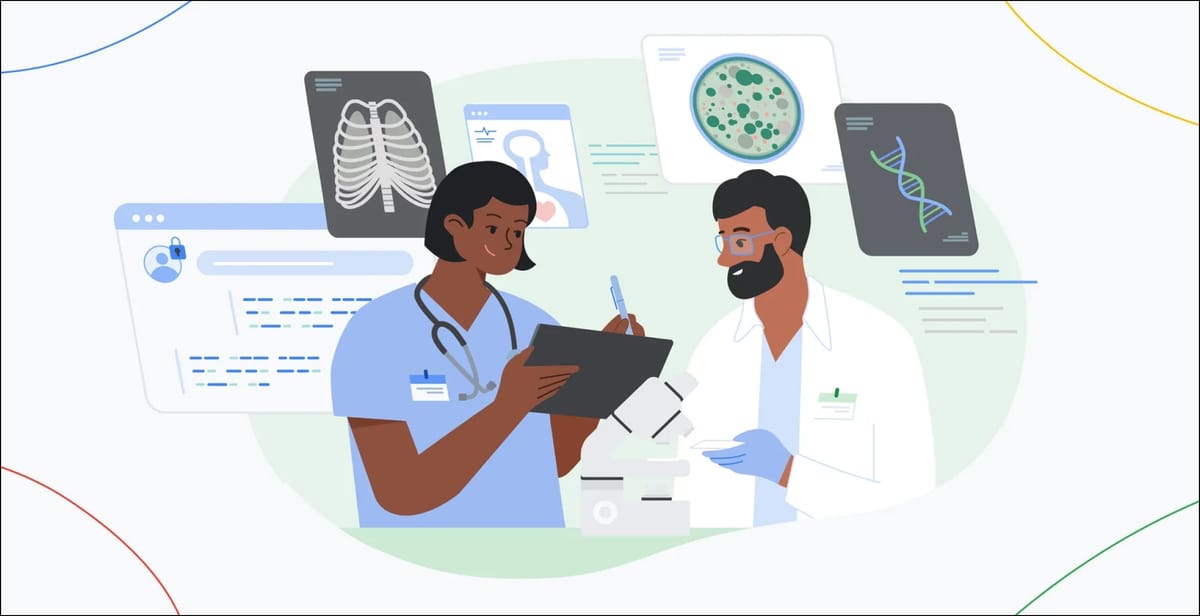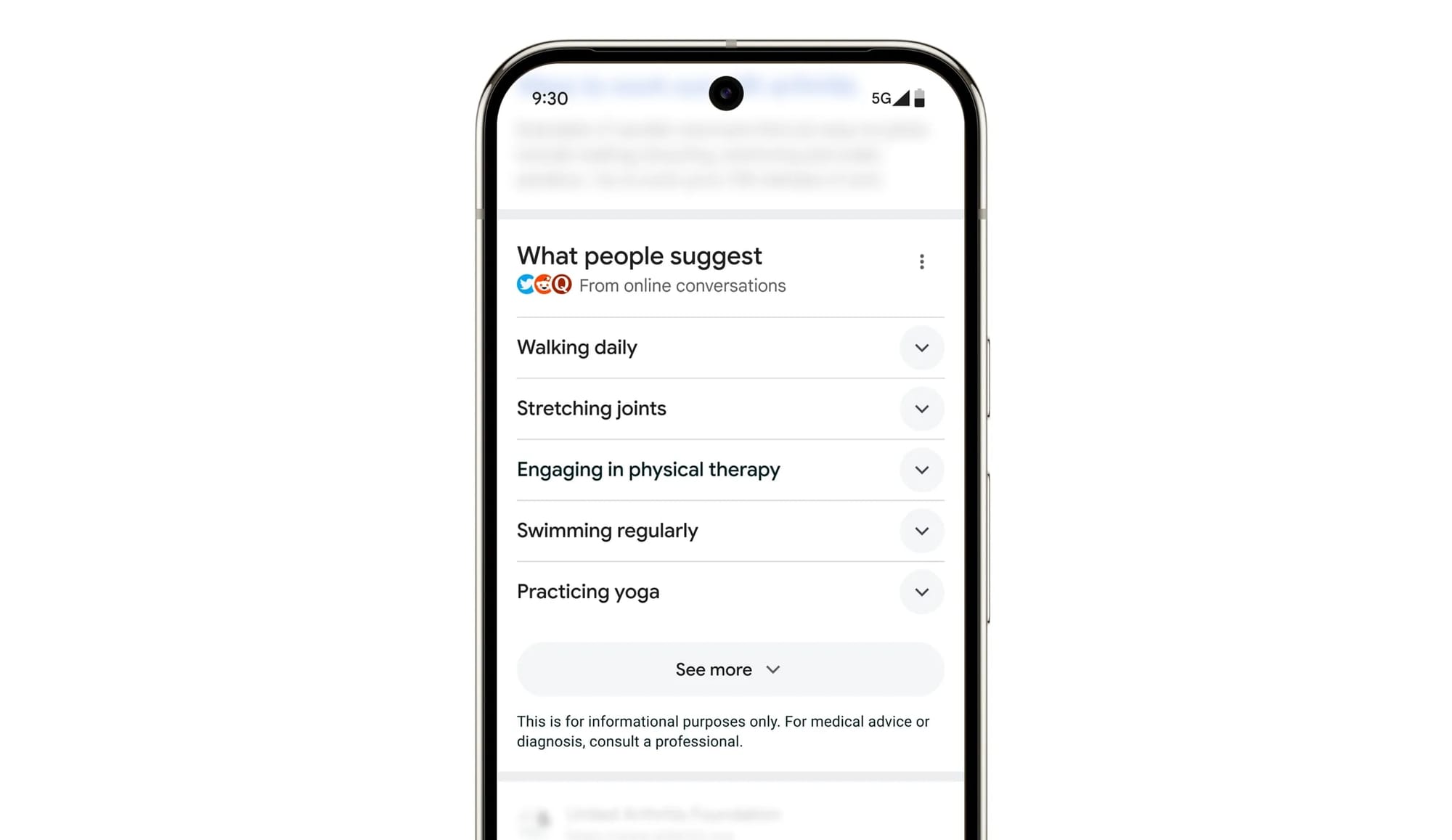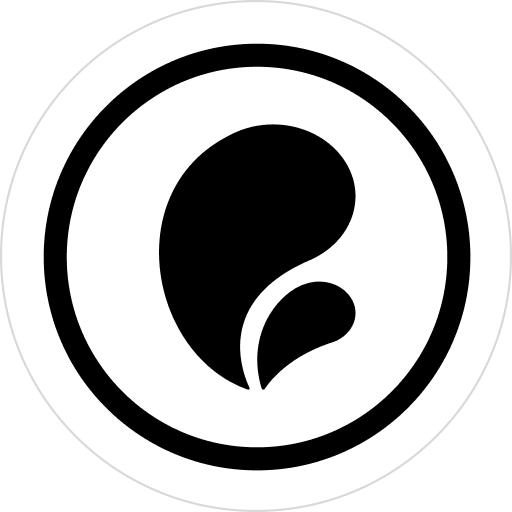
Those of us who've watched Google's health ambitions evolve over the years know the tech giant has a longstanding relationship with the industry. At its annual "The Check Up" event in New York yesterday, Google unveiled its latest healthcare initiatives that reflect both ambition and a more measured approach to applying AI in medicine.
Key Points:
- AI for Drug Discovery: Google introduced TxGemma, a set of AI models designed to analyze chemicals, molecules, and proteins to streamline early drug development.
- AI Co-Scientist: A new AI tool based on Gemini 2.0 helps researchers generate hypotheses and analyze scientific literature.
- Medical Records APIs: Google’s Health Connect now supports medical data, enabling apps to integrate patient records.
- AI-Powered Search: AI-generated health overviews are expanding to more countries and languages, including Spanish, Portuguese, and Japanese.
The centerpiece announcement was TxGemma, a collection of "open" AI models designed specifically for drug discovery. Based on Google's Gemma family of models, TxGemma can understand both conventional text and the complex structures of therapeutic entities like molecules, chemicals, and proteins. According to Karen DeSalvo, Google's chief health officer, the system will allow researchers to "predict important properties of potential new therapies, like how safe or effective they might be."
Google plans to release these models through its Health AI Developer Foundations program later this month, though details about licensing terms regarding commercial use, customization, and fine-tuning remain unspecified.
The announcement comes as AI-powered drug discovery faces mixed results. While firms like Google spin-out Isomorphic Labs (which has partnerships with Eli Lilly and Novartis) are advancing AI-designed drug candidates toward clinical trials, other companies like Exscientia and BenevolentAI have experienced high-profile failures. The accuracy of AI systems for drug discovery, including Google DeepMind's AlphaFold 3, varies considerably depending on the specific use case.
Nevertheless, pharmaceutical companies and investors continue showing strong interest. One estimate suggests over 460 AI startups are currently working on drug discovery, with investors pouring approximately $60 billion into the space.
Beyond drug discovery, Google announced several other health-focused AI developments. The company launched Medical Records APIs globally in its Health Connect service, enabling apps to read and write medical information like allergies, medications, immunizations, and lab results in standard FHIR format. This expands Health Connect to support over 50 data types across activity, sleep, nutrition, vitals, and medical records.

For researchers, Google recently introduced an AI co-scientist built on Gemini 2.0 to help biomedical researchers develop novel hypotheses and research plans. "Let's say researchers want to better understand the spread of a disease-causing microbe. They can specify this research goal using natural language, and the AI co-scientist will propose testable hypotheses, including a summary of relevant published literature and a possible experimental approach," Google executives explained in a blog post.
The company emphasized that this tool "is not meant to automate the scientific process" but instead aims to help experts uncover new ideas and accelerate their work. Google is currently working with partners including Imperial College London, Houston Methodist, and Stanford University to evaluate the tool before launching a wider trusted tester program.

In consumer health, Google continued to expand its AI Overviews feature in Search, which now covers thousands more health topics and is being extended to additional languages including Spanish, Portuguese, and Japanese. The company also introduced a new "What People Suggest" feature that uses AI to organize different perspectives from online discussions into digestible themes, helping users quickly understand what others with similar conditions are saying.
On the hardware front, Google announced that its Loss of Pulse Detection feature on Pixel Watch 3 will launch in the U.S. at the end of March, following FDA clearance. The feature can detect when a user experiences a loss of pulse and automatically prompt a call to emergency services if the user is unresponsive.
Perhaps the most emotionally resonant announcement was Google's partnership with the Princess Máxima Center for pediatric oncology in the Netherlands, where they're developing an AI tool called Capricorn. Using Gemini models, Capricorn helps physicians identify personalized cancer treatments by analyzing public medical data alongside de-identified patient information. The system generates summaries of treatment options and relevant medical publications, allowing physicians to have more informed discussions about pediatric patient care.
Google's approach reflects a careful balancing act – pushing AI capabilities forward while acknowledging the limitations and keeping human expertise central to healthcare decision-making. "Though not meant to automate the scientific process, this collaborative tool is designed to help experts uncover new ideas and accelerate their work," the company noted regarding its AI co-scientist.
As AI continues to reshape healthcare, Google's latest announcements suggest the company has learned from past missteps in the space. The emphasis on augmenting rather than replacing human expertise, combined with concrete tools for specific use cases, indicates a more sustainable approach to healthcare innovation that acknowledges both the potential and limitations of AI in medicine.


